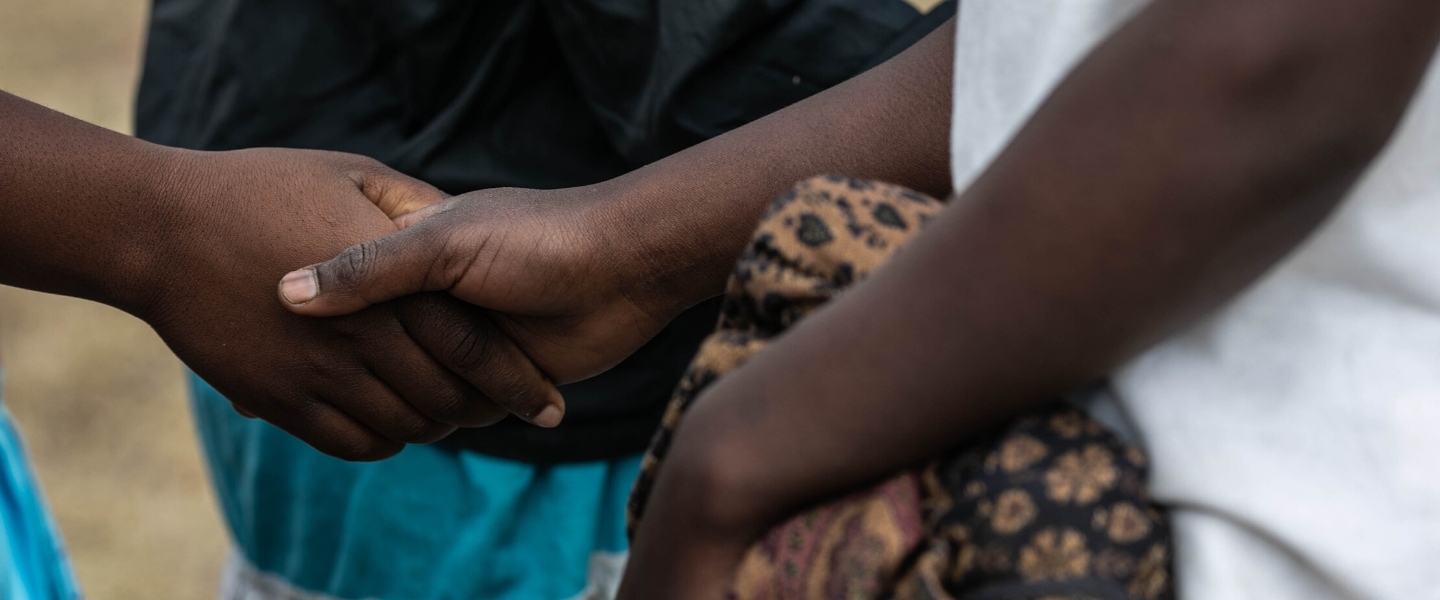“Interaction gave a better understanding of each other’s side and this brought the first steps toward peace; simple things like eating and working together. People started to see there wasn’t hatred between the two groups.” ‒ Reegan Kaberia, Zoe Empowers Chief Program Officer.
Violence, anger and hate crimes over a long-standing land dispute paint the picture of daily life in Meru County and Tharaka, two rural communities in Kenya, less than a decade ago.
Carolyne Gitonga, a Zoe Empowers program facilitator who grew up in Tharaka says the conflict between the neighboring counties had been going on since she was a child. She recalled numerous friends and family members who were orphaned due to their parents being killed in malicious fighting or other unimaginable conditions generated from the spite.
“Everyone really struggled,” Carolyne explained. “We struggled to deal with the loss of loved ones. We struggled with the inability to live without fear. We struggled to find hope in the hardship.”
But, perhaps, the most frustrating part of it all: no one in either community saw any signs of the anger coming to an end. Until Carolyne began her job with Zoe Empowers.
Along with her colleagues, she began conversations with elders in Tharaka, asking for their assistance in identifying children for the empowerment program. After the first Tharaka groups were formed, the Zoe Empowers staff and community leaders invited the children and mentors to visit and stay in the homes of Meru County participants, an act that was truly unheard of before the program’s entrance into Tharaka.
Thus began a tenuous, but a promising connection with their neighbors to the south. With cautious optimism, staff facilitated the first group training sessions. Together, children from Meru County and Tharaka learned how to grow crops, raise farm animals and prevent disease. They shared their life stories and prayed together. Wounds and old hurts began to heal.
After a few weeks, the children from Tharaka went back to their community to start businesses, cultivate land and raise animals. Each month, the children came back to Meru County to learn more life skills. Everyone shared their successes and challenges, offering support and advice to one another.
“Interaction gave a better understanding of each other’s side and this brought the first steps toward peace; simple things like eating and working together. The children visited each other’s homes and began to organize games and tournaments together making the healing process much faster than we expected. People started to see there wasn’t hatred between the two groups,” explained Reegan Kaberia, Zoe Empowers Kenya Country Manager.
It took three years of working in Tharaka before Reegan and the staff felt comfortable allowing Meru County students to stay the night in Tharaka. Previously, staying past sundown was a safety threat, however, once that precaution was lifted, it was clear significant progress had been made.
Over time, the two communities began to work through old issues and getting to the root cause of the decades-long division. Once collaborative conversations took place, and all voices were heard, the land dispute was peacefully resolved, and the government began providing services in Tharaka, including the digging of a water pipeline.
Today, it’s been ten years since the first initiation of unity. The two communities remain friends and cordial neighbors, even marrying each other. Zoe Empowers children in Tharaka have large, profitable farms and their businesses are flourishing, just like their peer groups in Meru County.
Although episodes of violence occasionally occur between Meru County and Tharaka, they are minor in comparison to Carolyne’s childhood. Because of the patience and persistent effort to forge positive connections, to invite both sides to the table and talk through differences, peace has and will continue to take the place of hate.
380 million children living in extreme poverty will rely on charity forever.
Your partnership can change that.
Learn how your group partnership pledge will be doubled before June 15, 2020. How many children can you give lasting sustainable change?

